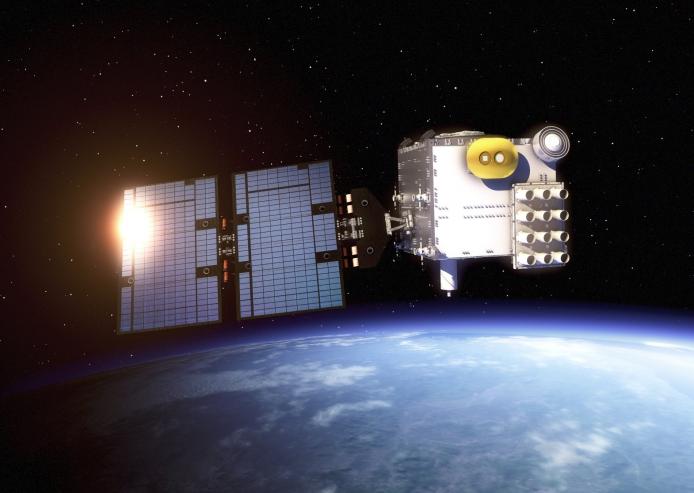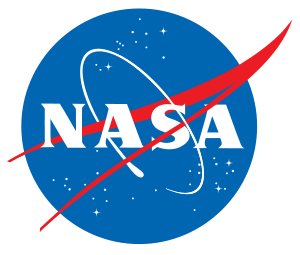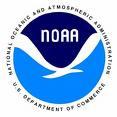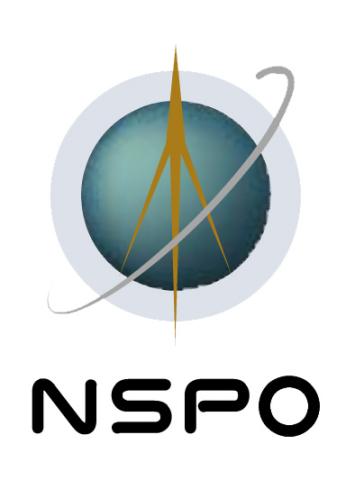
The UCAR COSMIC Program has been a leader in the retrieval and scientific application of GNSS, e.g. GPS, data since UCAR led the GPS/MET GPS radio occultation (RO) mission in the mid 1990s. It contributed to the design, management, and operation of the FORMOSAT-3 / Constellation Observing System for Meteorology Ionosphere and Climate (COSMIC-1) mission from 2006 to 2020. The mission is still providing high-quality RO profiles that are having a significant positive impact on weather and space weather forecasting and research.
The success of COSMIC has prompted U.S. agencies (led by NOAA) and Taiwan's National Space Organization to launch a COSMIC follow-on operational mission called FORMOSAT-7/COSMIC-2 (COSMIC-2) in 2019 that has put six satellites with next generation GNSS RO payloads into low Earth orbit.




